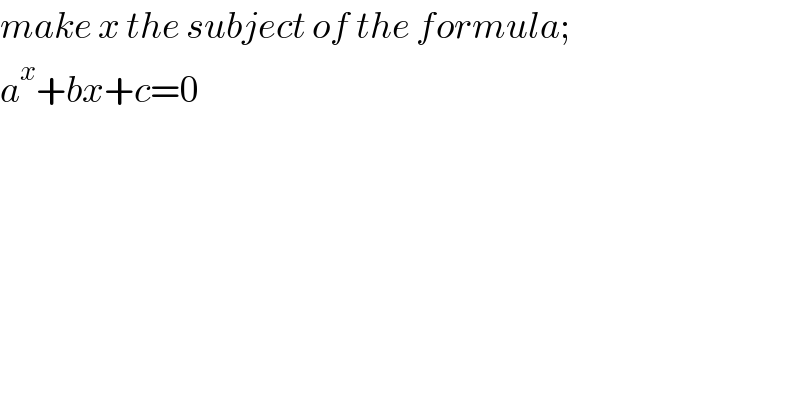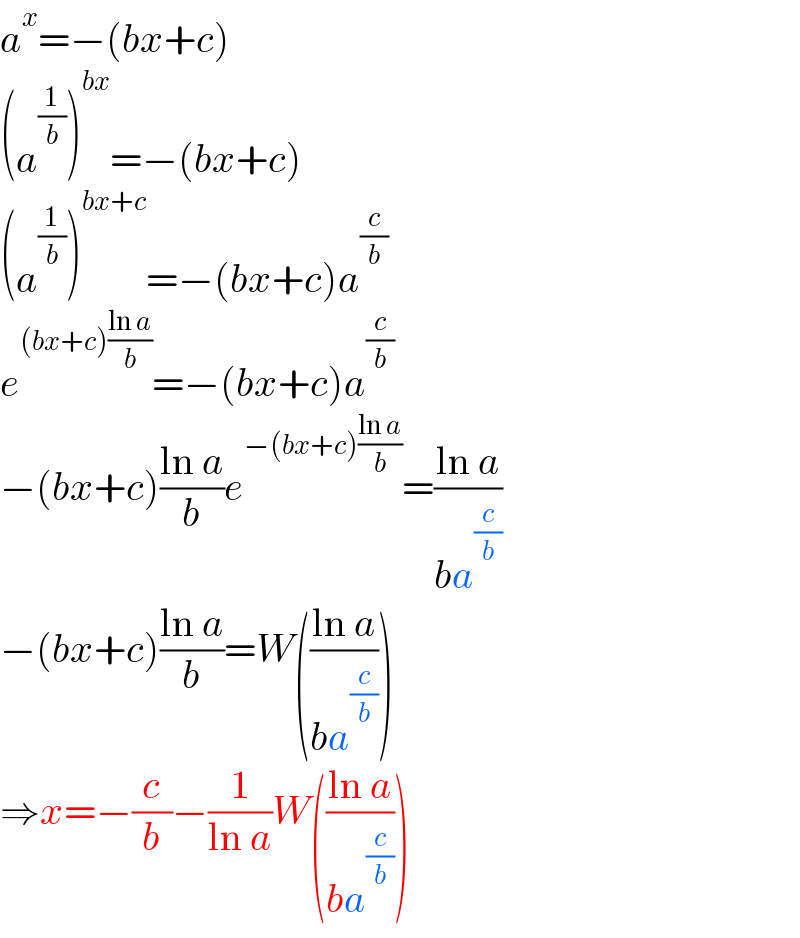
Question and Answers Forum
Question Number 165226 by Neils last updated on 27/Jan/22

Answered by mr W last updated on 28/Jan/22

Commented by Neils last updated on 27/Jan/22

Commented by mr W last updated on 28/Jan/22

| ||
Question and Answers Forum | ||
Question Number 165226 by Neils last updated on 27/Jan/22 | ||
 | ||
Answered by mr W last updated on 28/Jan/22 | ||
 | ||
| ||
Commented by Neils last updated on 27/Jan/22 | ||
 | ||
Commented by mr W last updated on 28/Jan/22 | ||
 | ||